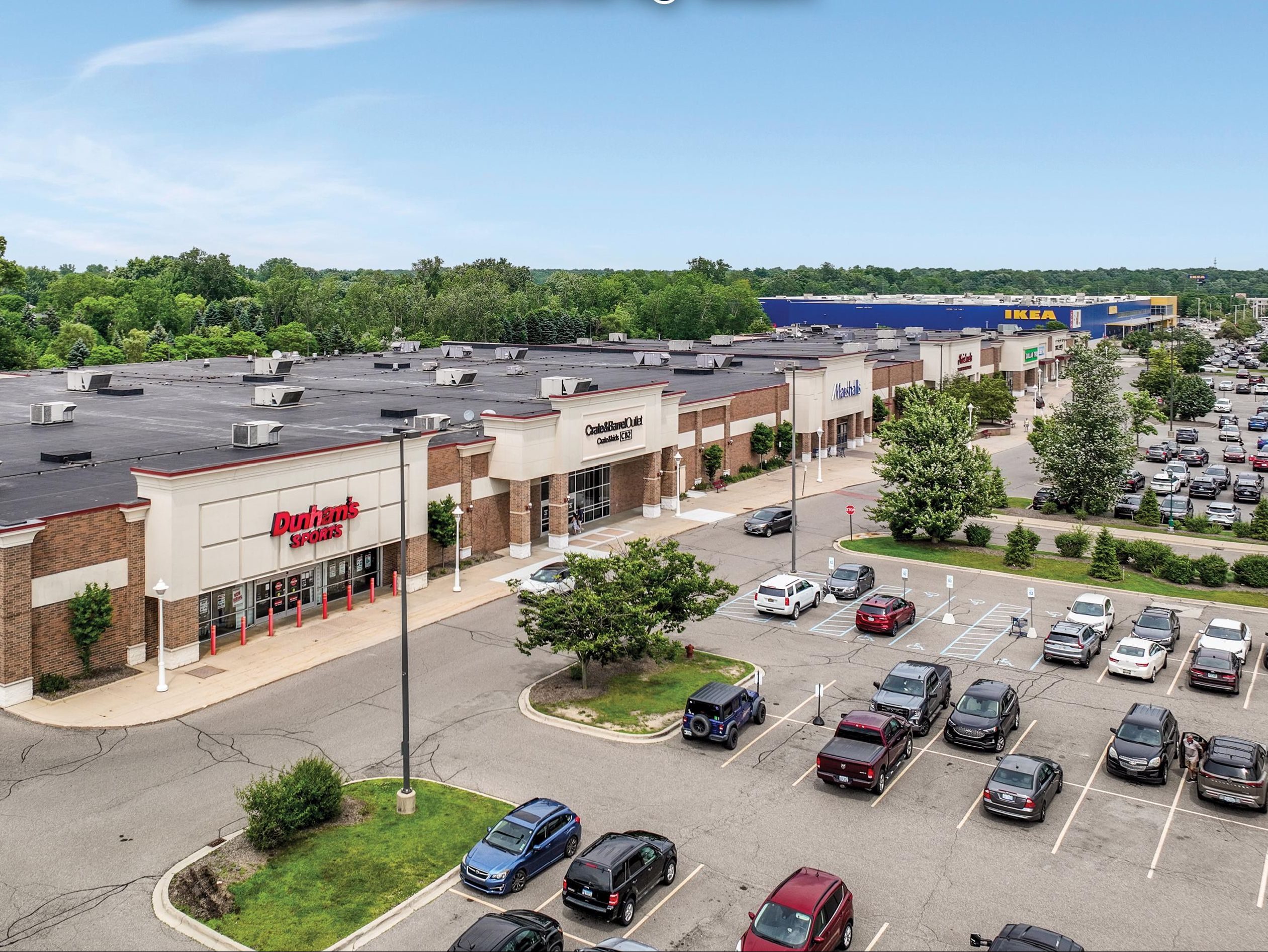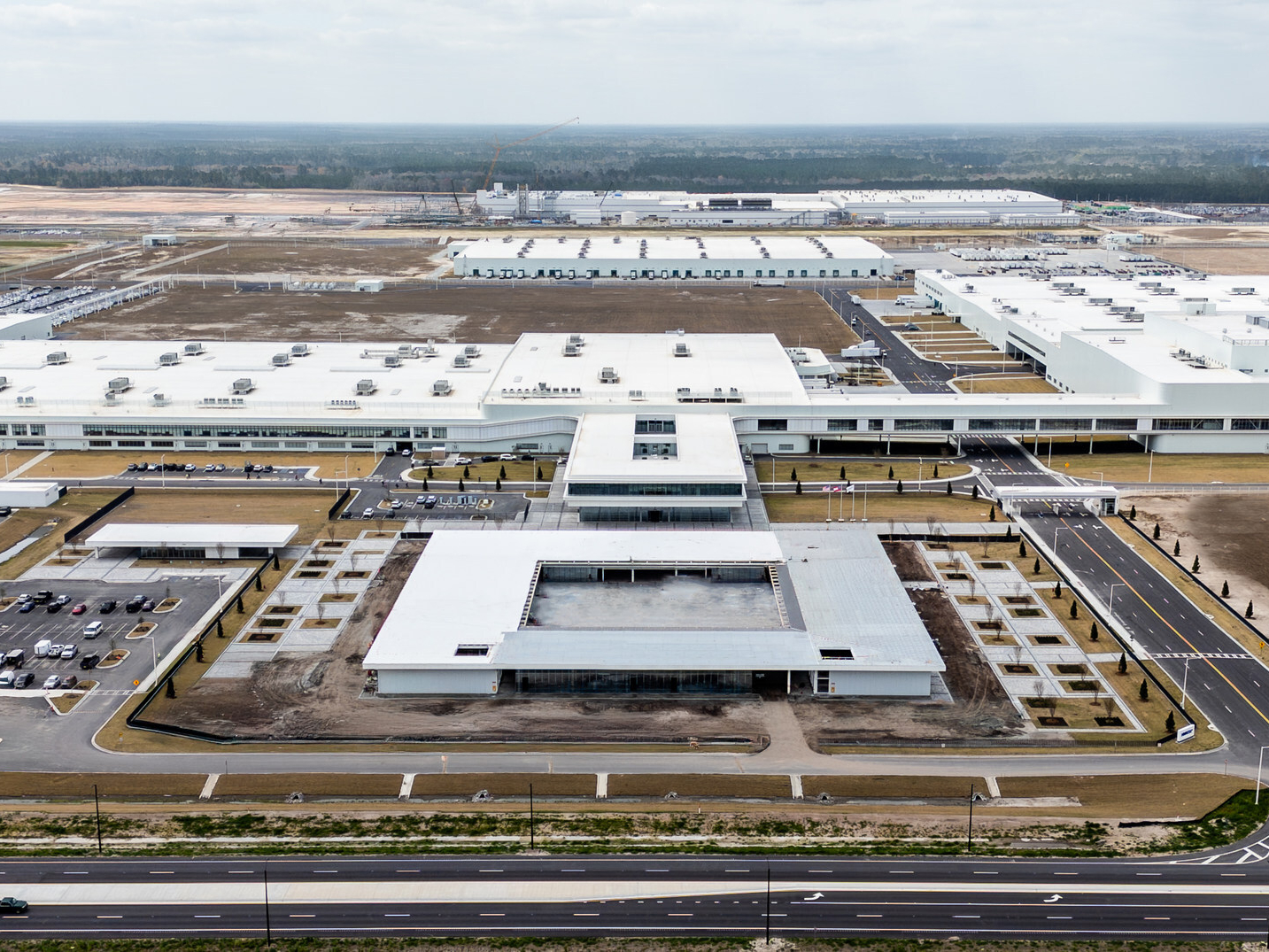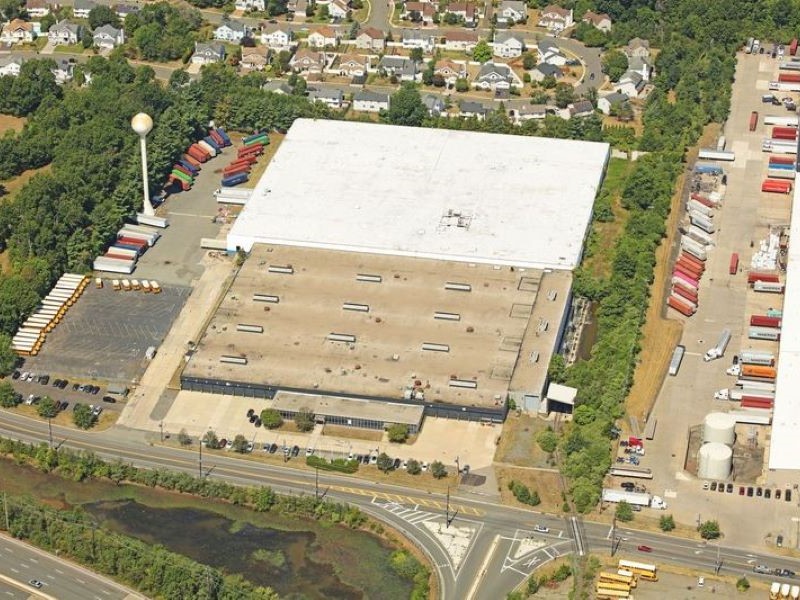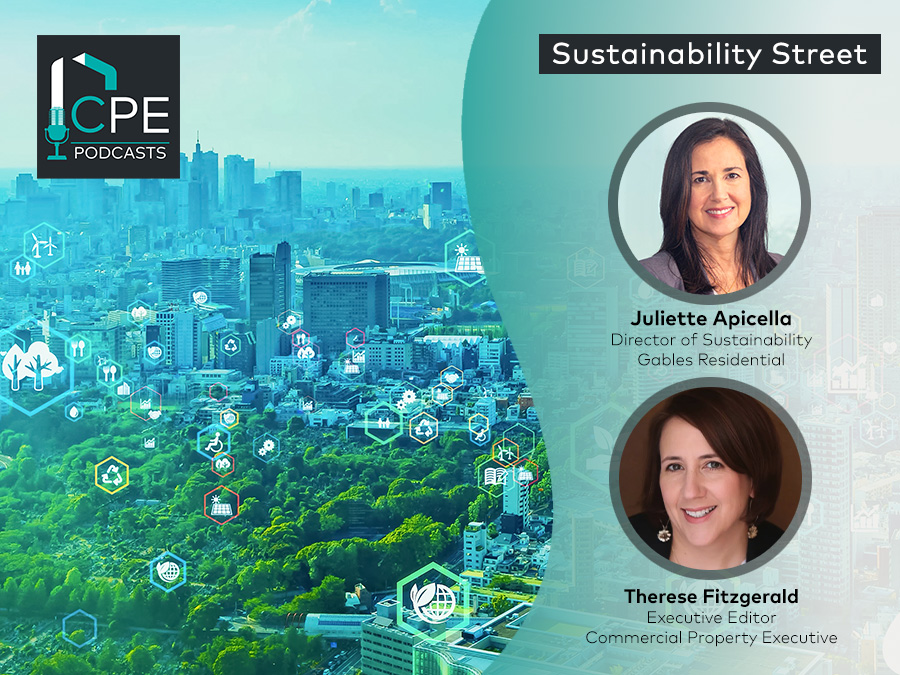Flexible Workplace Critical to Retaining Talent: JLL
More than 1,100 global CRE executives highlighted the role of the hybrid workplace in their business operations.
A new JLL “Future of Work” survey finds 72 percent of decision-makers believe the office remains critical for business operations, but they also see hybrid work becoming permanent. Companies will have to plan for workplaces that can accommodate flexibility, adopt technology, support priorities around health and wellbeing and embrace environmental and social aspirations.
JLL surveyed nearly 1,100 global commercial real estate executives who make or influence decisions regarding their corporate real estate portfolios between April and May. The results indicate CRE executives face critical challenges about their office space coming out of the pandemic and feel the period between 2022 to 2025 represents a crucial window of opportunity to redefine their workplace strategies and create flexible, tech-enabled, future-proof real estate portfolios.
Key takeaways from the results include:
- Hybrid working is here to stay and calls for the rejuvenation of the office.
- Environmental and social aspirations will shape future portfolio transformations.
- Real estate needs are becoming more sophisticated and partnerships will be key.
- Investing in quality space will become a greater priority than expanding the total footprint.
- CRE needs to double down on intelligent technology investments.
Dr. Marie Puybaraud, global head of research, JLL Work Dynamics, said in a prepared statement the next three years will be an inflection point as businesses plan their real estate needs for the future and rethink the purpose of their portfolios. Puybaraud said changes accelerated by the pandemic offer an opportunity for decision-makers to think about their long-term strategies and how it aligns with future priorities.
The survey found 77 percent of respondents agree offering remote or hybrid work options will be critical to attracting and retaining talent going forward. The executives noted mass adoption of hybrid work will have a lasting impact and successful implementation of it will be the most important strategic priority for the next three years. More than half of the organizations (53 percent) said they will make remote working permanently available to all employees by 2025. Nearly a quarter of the companies (24 percent) already offer remote work.
READ ALSO: Office Conversions Off to a Slow Start
Flexible space options are among the considerations, with 43 percent of companies planning to accelerate investment in flexible space now through 2025, and 51 percent saying they will lease flexible space through a third-party provider.
Collaboration will be a focal point, with 45 percent of the organizations considering it to be one of the primary purposes for office space. Seventy-three percent of executives surveyed said they plan to make all office spaces open and collaborative, with no dedicated desk spaces.
Sue Asprey Price, CEO, JLL Work Dynamics (EMEA), said in prepared remarks occupiers will need to continue increasing their investments in creative spaces as the office becomes a destination for collaboration in the post-pandemic hybrid workplace. She said enhancing socialization, especially among a large, often geographically dispersed workforce will be critical to future talent strategies as the office increasingly becomes the innovation hub of the work ecosystem.
The survey found 77 percent of CRE executives responding agree that investing in quality office space is a greater priority than expanding their total footprint. The flight-to-quality trend has been amplified by the pandemic as companies trying to lure workers back to offices are increasingly seeking out Class A, often newly built, office space that is highly amenitized with more health, safety and wellness features.
Technology’s growing role
The research found technology will be playing a critical role for successful real estate operations and not many companies are prepared. Only 13 percent of CRE executives said they are already collecting data on an ongoing or real-time basis using advanced analytics. Companies will have to ramp up investments in intelligent solutions to unlock new opportunities for boosting workplace performance and productivity.
The report asked respondents about 15 anchor technologies considered important for commercial real estate occupiers. They include in-office collaboration, workplace apps, remote working technology, virtual reality, coworking and flexible space management software, sensors to monitor space and workplace performance, predictive management and maintenance of buildings systems, smart contracts or agreements secured via blockchain, and sustainable technologies to improve environmental performance.
Of those technologies currently being used most frequently, 47 percent said remote-working technology followed by in-office collaboration (40 percent) and workplace apps (36 percent). Top technologies they plan to adopt include sustainability technologies to improve environmental performance (60 percent) and improvements in building connectivity or digital infrastructure (58 percent). By 2025, 78 percent of companies plan to have incorporated more than 10 of the 15 anchor technologies in their operations and 40 percent plan to adopt all 15.
ESG to shape future choices
The survey found increasing focus on environmental, social and governance (ESG) concerns within CRE organizations as they face rising levels of pressure and scrutiny to deliver clear environmental and social outcomes from stakeholders and employees. With green strategies having a direct impact on real estate decisions, 74 percent said they are likely to pay a premium for green credentials, with 56 percent stating they plan to do so by 2025. More than three-quarters (77 percent) said their employees increasingly expect the workplace to have a positive impact on the environment. Forty-six percent of occupiers said they plan to accelerate investment to improve the carbon efficiency of their buildings and 43 percent will increase their focus on embedding net zero carbon requirements into new location selection proceedings.
READ ALSO: Top States for LEED-Certified Office Buildings
Diversity, inclusion and wellbeing are also growing in importance, with 79 percent agreeing their organizations are acting to make their workplaces more inclusive and diverse for all employees. Nearly half (46 percent) reported they will push forward investments through 2025 intended to improve diversity and inclusion outcomes.
The survey found as real estate needs become more complex and sophisticated, CRE leaders are focusing more on going outside their organizations for special skills to achieve their strategic objectives. Seventy-five percent expect to rely more on external partners within the next three years. The top areas for outsourcing growth will likely be health and wellbeing services and sustainability strategies followed by technology solutions.
Read the full report by JLL.








You must be logged in to post a comment.